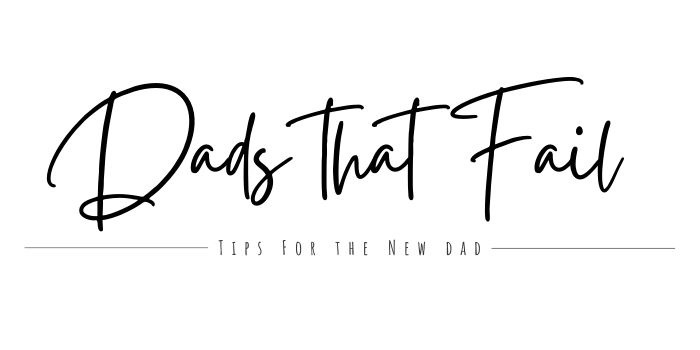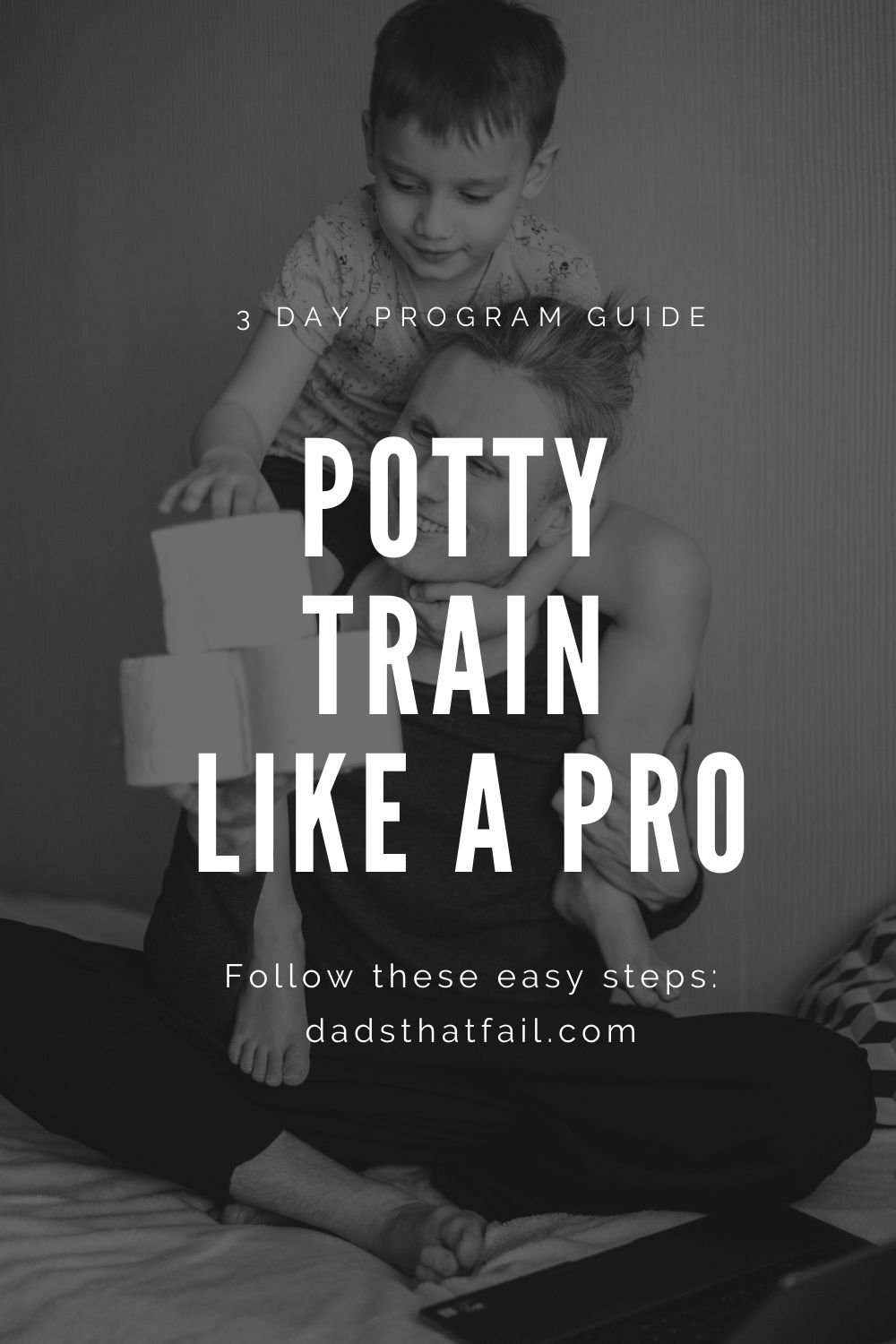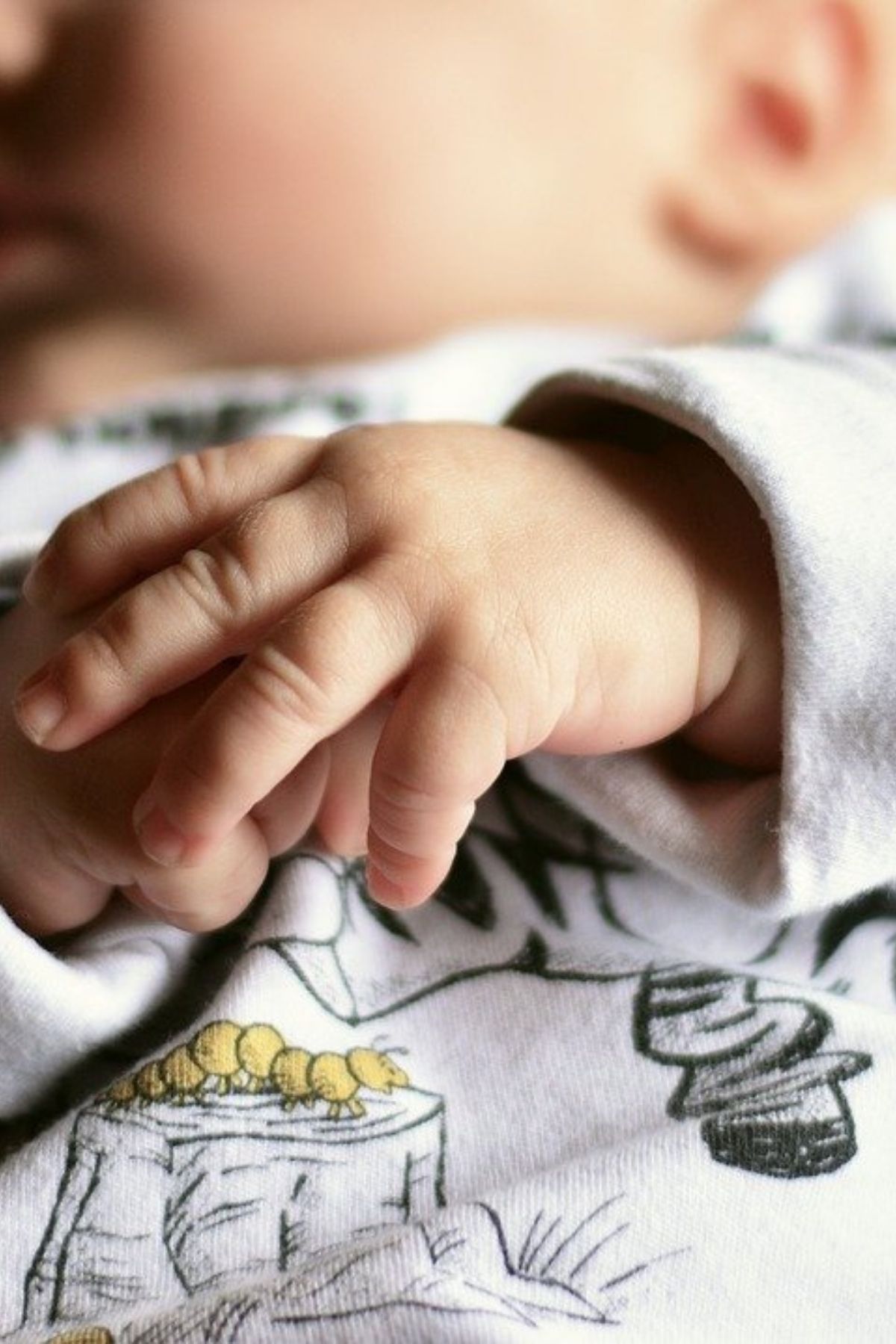How to Stop Your Toddler from Hitting
Figure out how to stop your toddler from hitting you or their siblings, what not to do when being hit and some common reasons behind toddler aggression.

Most experienced parents jokingly refer toddler hitting as the ‘bloody’ stage of a child’s development because the bruises or bite marks are usually what a parent vividly remembers later. There’s a reason it’s called the terrible twos, right? Although the first form of aggression by your sweetheart toddler can be shocking, the key is in recognizing this behavior early on and showing them a more peaceful way to communicate.
This post is about how to stop your toddler from hitting you and my thoughts about toddler aggression. It may contain affiliate links, which means I’ll receive a commission if you purchase through my link, at no extra cost to you. Please read full disclosure here.
Reasons for Toddler Aggression
Toddler aggression in the form of hitting the parent or their siblings usually shows up around the age of 18 months to 3 years of age. A hitherto docile toddler could suddenly start showing signs of aggression like spitting or throwing objects to more forceful forms like a slapping, kicking and headbutting. Don’t be worried because this is a fairly common phase of a toddler’s development.
The reasons for their aggression usually fall into the themes listed below
Needing to Communicate: Most toddlers exhibit some form of frustration when they can’t sufficiently express their feelings. Their vocabularies are still developing and they often end up using their hands or bodies as a means of communication.
Signaling for attention: Just imagine when they realize a slap on daddy’s face can elicit his immediate attention? Toddlers don’t have a fully developed sense of compassion and figuring out that hitting produces immediate attention feels like a ‘light bulb’ moment to them.
Exercising Authority: Hitting is a way through which toddlers feel more in control of their surroundings or loved ones. They’re still discovering the limits of what their bodies can get away without causing pain. This coupled with their lack of self-control can lead to some form of aggression.
Needing Space: Usually manifesting in public settings like a park or some sort of family gathering, toddlers can lash out when they feel a need to protect their space and ensure people don’t encroach upon it.
Lack of Rest: Ever feel cranky when you’re overworked or not getting enough sleep? So why should it be any different for your toddler. Aggression acts as a coping mechanism especially when the toddler is stressed from too much stimulation combined with insufficient rest or nap time.
Just realize that there’s actually no malicious intent behind your toddler’s actions. Toddler aggression if addressed appropriately and with proper consistency, usually lasts only around a month with some minor relapses for a few months thereafter.
What Not to Do When Hit
A toddler hitting you can be painful – physically and emotionally too. While its important to teach them that physical means of lashing out is not good, it is quite hard to remain composed. Here are some things parents or other support persons should definitely NOT do when hit by a toddler
Punishing them: It seems like an obvious reaction especially if you were just whacked across the face or headbutted in the eye. However, spanking your child often ends up being counter-productive. Sometimes you just need to simmer down and get through those feelings.
Retorting Physically: Don’t bite back – like actually bite your toddler back to show them how much it hurts. Your toddler is acting out because they feel safe enough to express their frustration which is a great thing. It is an awful thing to endure but a toddler acting out is just their way of saying “Daddy, everything is not right in my world, but I know you’re a safe person who can help me!”
Name calling: Labeling your child as a ‘demon child’ or any other nicknames can emotionally scar the toddler. Not having a mini meltdown of your own in the middle of a toddler tantrum is important to signify your position as a symbol of strength.
Shame Publicly: Stopping undesirable behavior in the moment, especially if it’s in a public setting or in front of friends and family, may seem good. However, this only tends to make your toddler feel that you’re punishing them for reaching out to you. Instead try to take them to another room and address the situation privately.
Related: The Whole Brain Child: Strategies to Nurture your Child’s Mind
How to Stop Your Toddler from Hitting
Most toddler aggression abates once the child is able to sufficiently communicate their feelings using words rather than actions. In most cases, stopping your toddler from hitting you may require the use of several methods or just one.
Here are some common ways to stop the aggressive behavior
Walk Away: Toddlers don’t fully grasp the concept of ‘time outs’ even at 3 years age. Doubling down on time outs doesn’t really help and just ends up frustrating everyone. Instead, just simply let your toddler know that hitting hurts, turn your back and walk away. You have to do it everywhere even if you as the adult don’t want to leave. So, if you’re at a birthday party or wedding and your toddler starts hitting, then everyone would have to leave the event to prove a point.
Divert Attention: Whenever your toddler hits someone else, divert attention to the injured person. Demonstrate care by asking “Are you ok, did that hurt, do you want me to make it better?”. Once your toddler realizes that hitting equals someone else getting all the attention, the hitting stops.
Don’t Overanalyze: About 50% of the time, there really isn’t a reason for your toddler to start hitting. It could be boredom or just impulsiveness. Don’t drive yourself and your toddler crazy always trying to figure out the reason – if you can’t figure out the reason behind the hitting, don’t feel bad!
Leverage Non-Verbal Cues: Words probably won’t make much of a difference for toddlers with a limited vocabulary. When they’re still mostly pre-verbal you just have to show them, not tell them. Try relying on “nonverbal communication” like showing disapproval on your face or expressing pain.
Predict Triggers: After a few occurrences, you will be able to predict when the hitting behavior occurs. It could be after ending play time or before bath time. Figuring out alternative solutions in advance can diffuse any situation swiftly.
Rinse and Repeat: Stopping your toddler from hitting is just as easy as it was when they started to show signs of it. The key is obviously in the consistency portion. It may seem exhausting repeating something hundreds of times over a month but the end outcome is worth it. It is also quite important for both parents and any care partners to practice the same.
Suggested Books for Toddler Hitting
There are several books on toddler aggression which can be helpful if you desire to learn more about this behavioral pattern in toddlers. The following list contains book solely for adults and books that you can read with your child
Toddler Discipline for Every Age and Stage (Aubrey Hargis): Written by a parent and child development expert, this book teaches you about the challenges you’ll face and how to address them appropriately without curbing your child’s curiosity and emotional growth.
First Time Moms Toddler Discipline Handbook (Tara Egan): As the name suggests, this book is the ultimate resource to raising a calm and expressive toddler, minus the tantrums of course.
A Little Spot of Anger (Diane Alber): A great book to read with your little one, this book shows them fun ways to stay calm and not get angry.
My Angry Robot (Joey & Melanie Acker): A fun illustrative book that shows kids signs of anger and how to safely handle it.
Hands Are Not for Hitting (Martine Agassi): A bestseller, this bright illustrative book shows your toddler that hands can do loving things too.
Frequently Asked Questions
Toddler hitting is often due to the need to communicate, divert attention or exercise authority over a belonging or personal space. Often manifesting in toddlers, this temporary aggressive behavior is a common phase in toddler behavior and does not carry any malice towards the parent.
If addressed in a timely manner, toddler hitting behavior usually lasts only a month or two at most.






